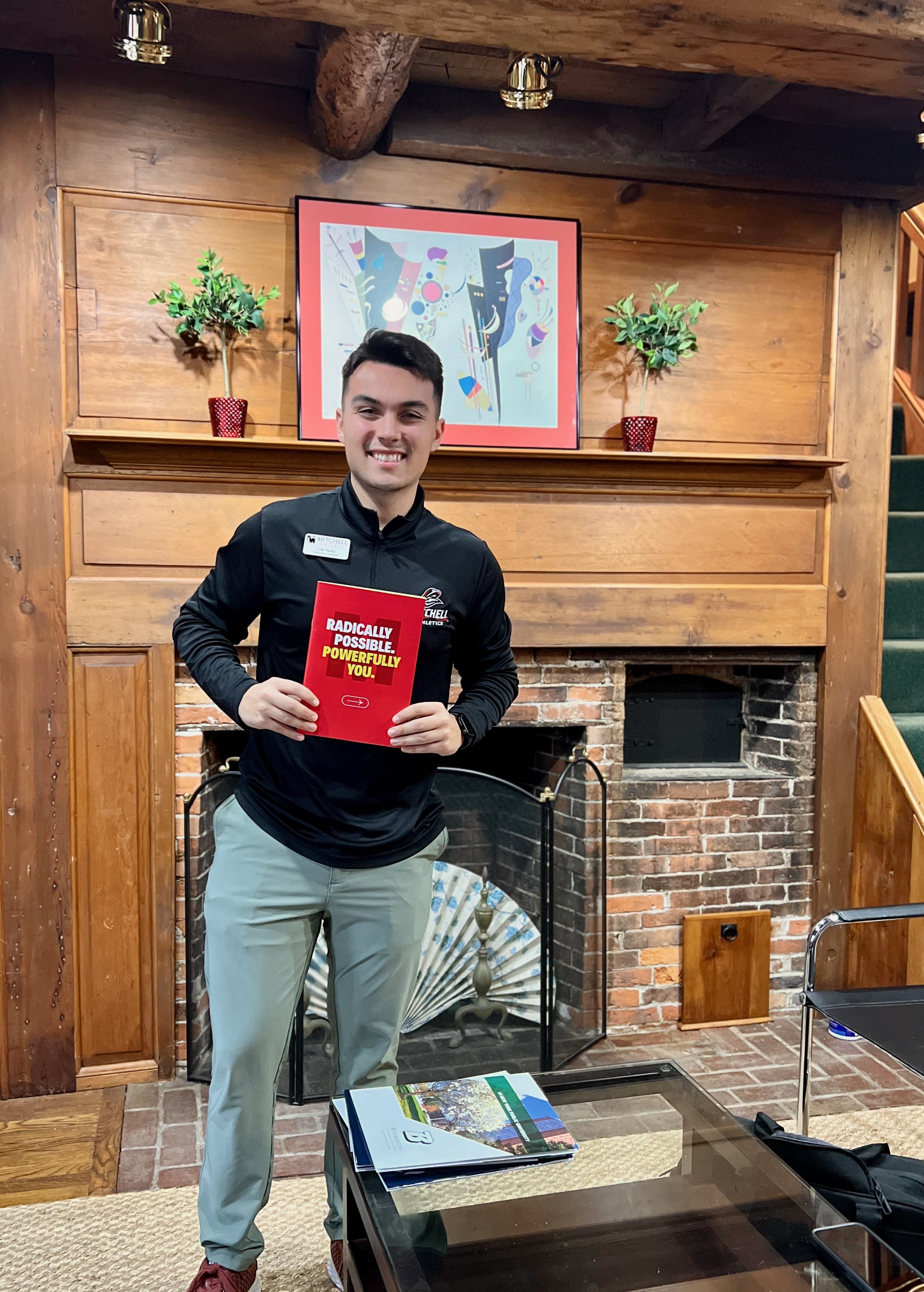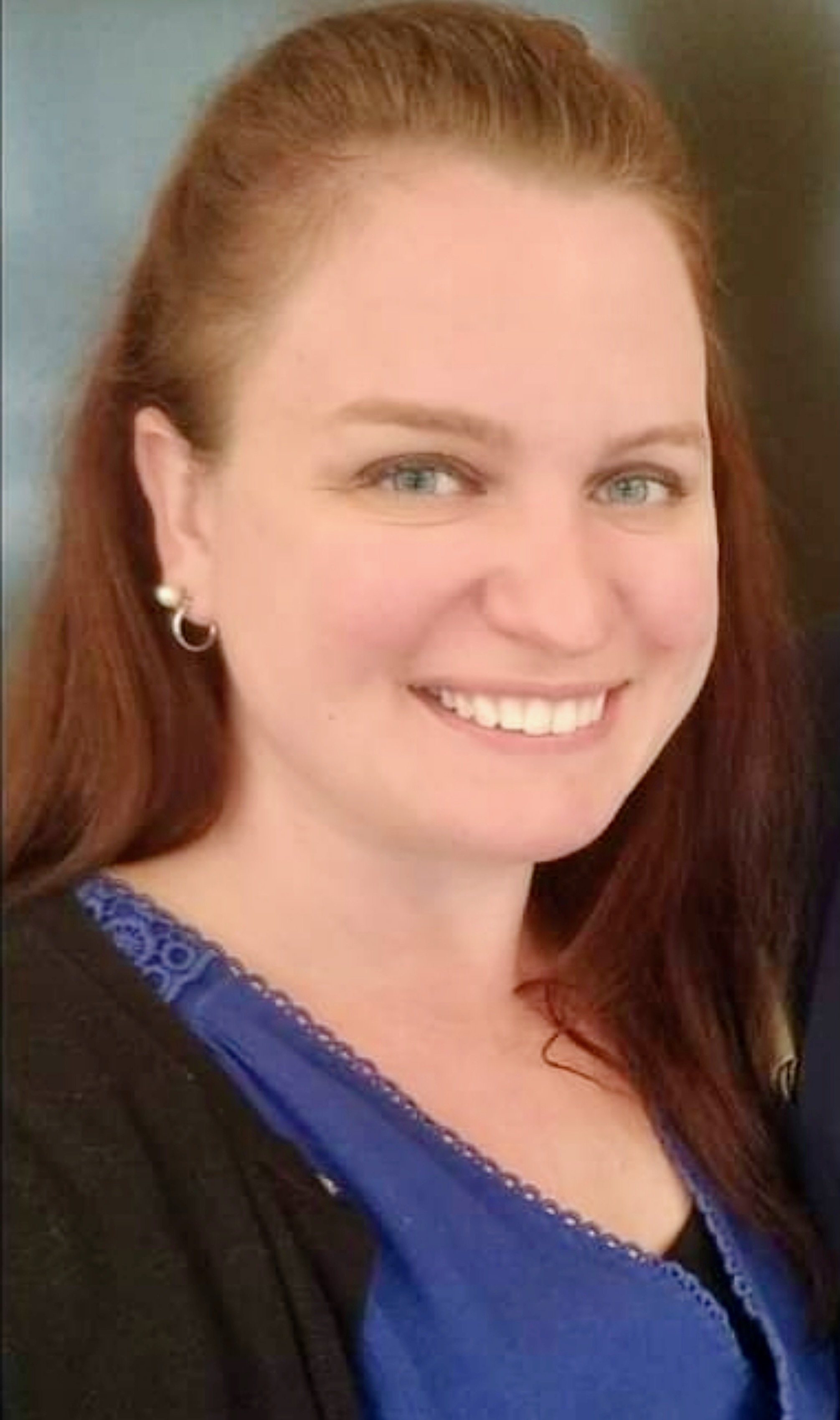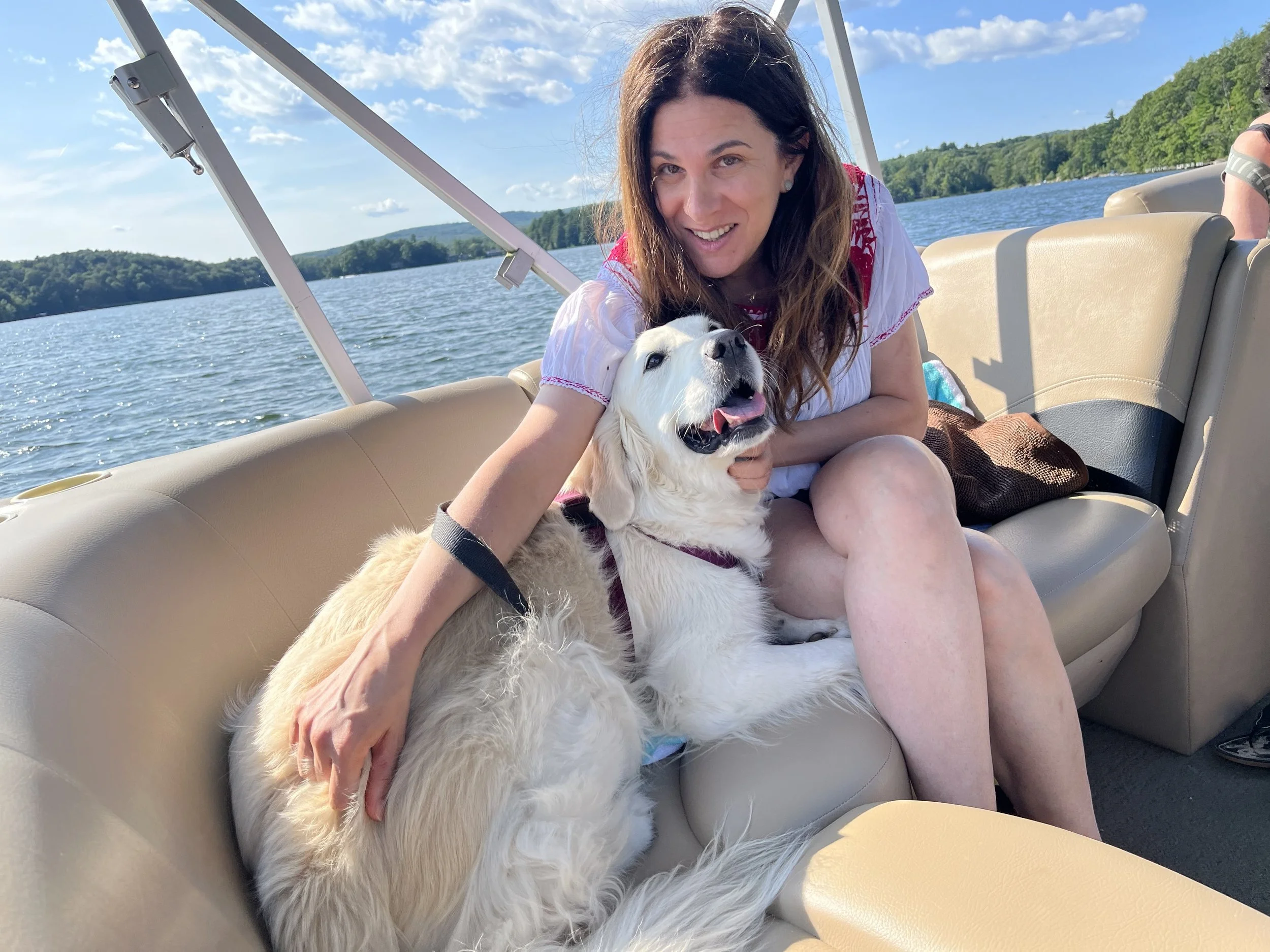Ask twenty people what they think about the term “liberal arts education,” and you’ll likely get twenty different responses. And their responses will also likely contain misconceptions as well as facts about the liberal arts. To clarify things, let’s look at some of the facts and myths about the liberal arts.
All liberal arts students are politically liberal. False. Students of all political beliefs graduate with liberal arts degrees. The word “liberal” in liberal arts doesn’t refer to politics at all. Rather, it is rooted in the Latin term “artes liberals” in which “artes” referred to the general skills that a “free person” (liberals) needed to master in order to contribute meaningfully to society.
Math and science aren’t liberal arts subjects. False. Academic disciplines such as biology, chemistry, physics, astrophysics, astronomy, statistics, and mathematics, among others, are indeed liberal arts disciplines. Many people think they are not liberal arts subjects because they also fall under the STEM (Science Technology Engineering Mathematics) list of disciplines. But, from the Middle Ages until today, they have also always been included under the liberal arts umbrella. The liberal arts umbrella also encompasses disciplines in the humanities (i.e. English, theater, music) and the social sciences (i.e. economics, history, psychology). However, college majors that focus on preparing for a specific career, such as engineering, nursing, or business, are generally not considered liberal arts degrees.
You can get a liberal arts degree at many different types and sizes of colleges. True. Many people mistakenly believe that liberal arts study is confined to smaller liberal arts colleges. Yet, every major American research university also has extensive undergraduate programs in a variety of liberal arts disciplines. By the way, some of the most prestigious research universities in the country, including Yale, Harvard, and Brown, consider their undergraduate colleges to be liberal arts colleges.
A liberal arts degree doesn’t prepare you for a specific career. True. College majors such as accounting, architecture, engineering, and nursing focus on preparing students to work in specific careers. Although liberal arts students gain many skills during their education that can be applied in the workplace, the primary focus of a liberal arts education is not training for a particular job or career. Rather, the emphasis in liberal arts disciplines is on providing a broad education that prepares students for a wide variety of jobs and careers. That said, many liberal arts disciplines do have sets of career paths that students in that discipline tend to gravitate towards. For example, many psychology majors become therapists, counselors, and other social service workers. However, many liberal arts majors end up working in fields other than those traditionally associated with the specific discipline they majored in. Check out Carleton College’s Career Pathways to see the careers different majors can lead to.
Liberal arts majors all end up working at Starbucks. False. Just ask the CEOs of Goldman Sachs, Whole Foods, HBO, Disney, Hewlett-Packard, Time Warner Cable, American Express, and Merck, among many other major corporations, who were liberal arts majors in college. (The CEO of Starbucks was also a liberal arts major). The Hamilton Project, an economic policy initiative of the Brookings Institute, recently analyzed data collected from the National Center of Education Statistics and the U.S. Census Bureau to determine the most common jobs held by degree holders in specific college majors. They found that liberal arts majors work in all sorts of careers and in all sorts of industries, including in science and technology. In fact, a recent LinkedIn study found that there are more liberal arts majors working for technology firms than computer science majors.
Liberal arts majors have skills employers want and need. True. Research shows that employers value the types of skills that liberal arts studies foster. In one study conducted by the Association of American Colleges and Universities (AACU), ninety-one percent of employers surveyed agreed that when hiring recent college graduates, “a demonstrated capacity to think critically, communicate clearly, and solve complex problems” – all hallmarks of a liberal arts education – is more important than a specific college major. That said, liberal arts majors can also further enhance their marketability by including courses that teach more job-focused skills in their curriculum. The nice thing about a liberal arts education is that there is usually plenty of room in a student’s schedule to do so. Just like students in career-oriented majors such as business and education, students studying the liberal arts should also seek out internships, work experience, and extracurriculars during college to help build their resumes.
Liberal arts majors don’t make as much money as students who major in engineering or business. It depends. The amount an individual person makes throughout her career will be based on her choice of career, her experience level, her geographic location, her employers, and other factors. So, take any group of workers who had the same major in college – be it English or Engineering – and no two workers will make the exact same amount of money over their careers. In short, how much money you make is really up to you and your individual talents and efforts. However, it is also true that the average starting salaries for recent graduates in certain majors tend to be higher than for those in other majors. For instance, engineering majors, on average, tend to land the highest starting salaries amongst students with all degrees, including other career-focused majors. Some liberal arts majors also start off with salaries below the median for all college graduates. However, research conducted by the AACU and other organizations shows that while liberal arts majors in some disciplines may start off slower, their income tends to have a faster rate of growth over time, and they tend to quickly close much of the initial salary gap.
Want to find out more about typical career paths for various majors? The Hamilton Project has an interactive tool that shows career earnings by college major:











